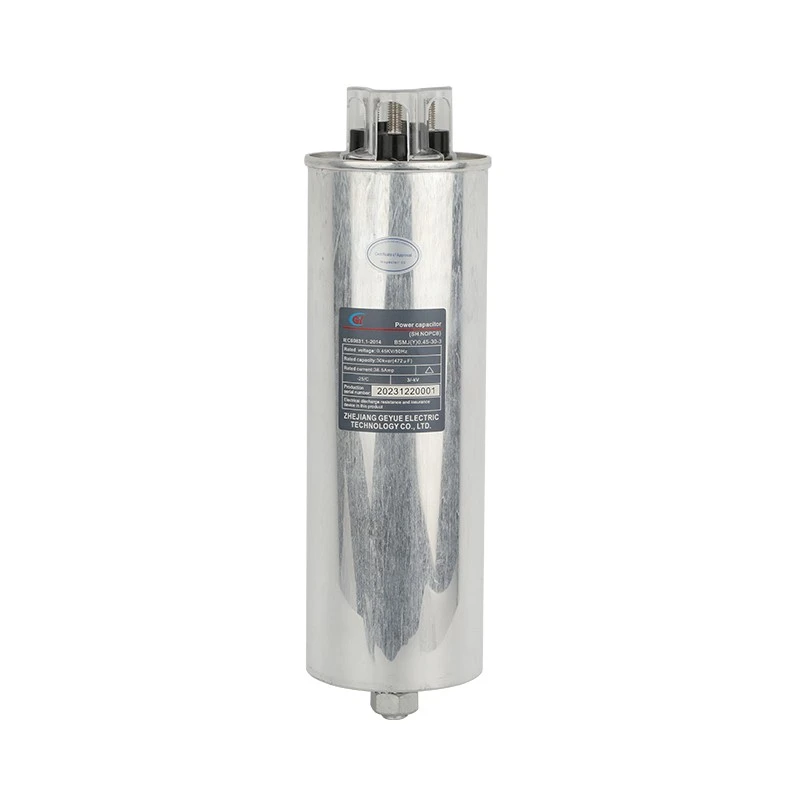Understanding Power Capacitors: Functions and Applications
2025-04-01
Power capacitors are essential components in electrical and electronic systems, helping to improve power efficiency, reduce losses, and stabilize voltage levels. They are widely used in industrial, commercial, and residential applications to enhance power quality and improve the performance of electrical equipment.

What is a Power Capacitor?
A power capacitor is a passive electronic component that stores and releases electrical energy. It consists of conductive plates separated by an insulating dielectric material. Power capacitors are designed to handle high voltage and current loads, making them suitable for applications that require energy storage and power factor correction.
Functions of Power Capacitors
1. Power Factor Correction (PFC):
- Reduces reactive power consumption and improves efficiency in industrial power systems.
2. Voltage Stabilization:
- Helps maintain stable voltage levels in electrical circuits.
3. Energy Storage:
- Temporarily stores electrical energy for smooth power delivery.
4. Harmonic Filtering:
- Filters out unwanted harmonic distortions in power systems.
5. Surge Protection:
- Protects electrical equipment from voltage spikes and transients.
Common Applications of Power Capacitors
- Industrial Power Systems: Used in factories and power plants to improve efficiency.
- Renewable Energy Systems: Integrated into solar and wind power setups to regulate voltage and energy flow.
- Automotive Electronics: Helps stabilize electrical systems in vehicles.
- HVAC Systems: Ensures efficient operation of air conditioning and refrigeration units.
- Consumer Electronics: Found in televisions, audio systems, and power supplies for voltage regulation.
Conclusion
Power capacitors play a vital role in modern electrical systems by improving efficiency, stabilizing voltage, and protecting equipment. Whether in industrial power grids or consumer electronics, these components help ensure reliable and energy-efficient operations. Understanding their functions and applications can help industries and individuals make informed decisions about their electrical needs.


